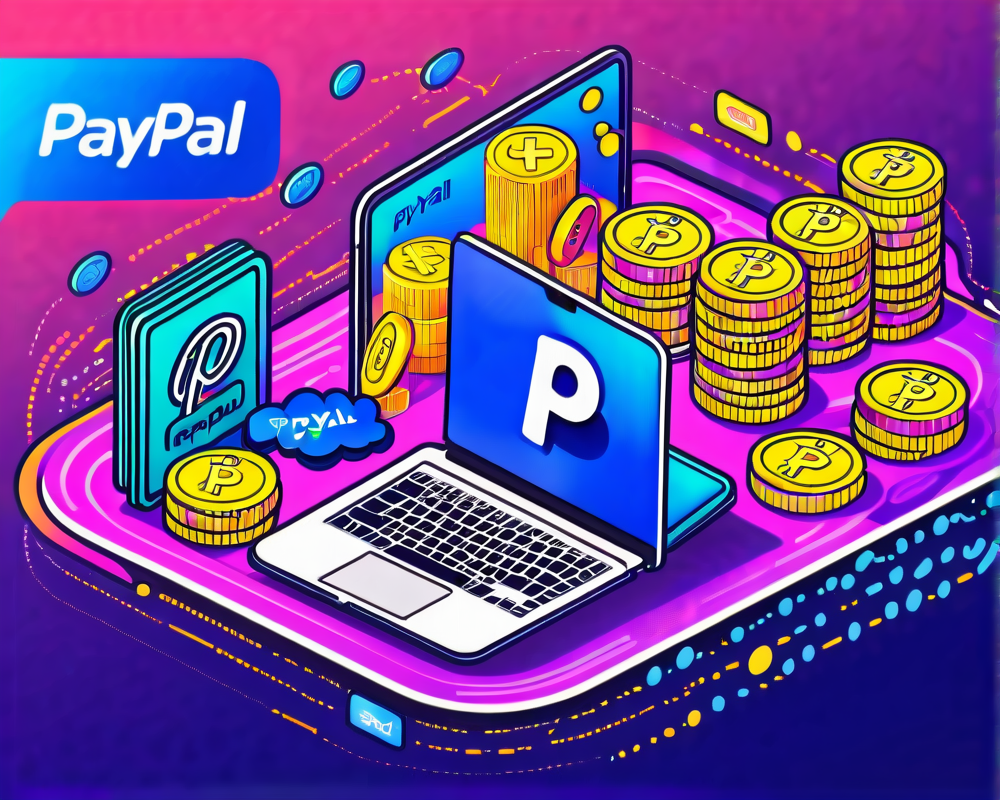Insights from the Minnesota Transportation Conference
On May 15, President Neel Kashkari of the Minneapolis Federal Reserve Bank took the stage at the Minnesota Transportation Conference and Expo. While his discussions didn’t mostly veer into the world of digital currencies, when the issue of central bank digital currencies (CBDCs) came up, he didn’t hold back. His insights on CBDCs made for some thought-provoking—if not entirely comfortable—listening.
The Problem with CBDCs?
Kashkari expressed skepticism about the potential utility of CBDCs. “We’re studying it,” he admitted, but went on to emphasize a fundamental question: “What problem is it actually solving?” His bemused comparison highlights the everyday usability of platforms like Venmo. “I could send anyone $5 in this room right now using Venmo. So, what exactly would a central bank digital currency accomplish that Venmo can’t?” You can almost hear his thoughts: yet another shiny tech solution that may not solve a problem at all.
Government Control: A Double-Edged Sword
Kashkari raised concerns about government oversight in a CBDC framework, noting how it could allow the state to monitor every transaction. “In theory, a government could monitor every one of your transactions with a central bank digital currency,” he remarked, his tone suggesting that he’s not entirely on board with this level of scrutiny. Thankfully, he assured listeners: “We would not be in favor of that at the Federal Reserve.” Phew! Your morning coffee purchases won’t be next on Uncle Sam’s watchlist—at least, not yet.
Negative Interest and Direct Taxation: No Thanks!
In what could only be described as a jaw-dropping moment, Kashkari warned about the potential for negative interest rates being imposed on CBDC accounts. “You can’t do that at Venmo,” he mused, sounding almost relieved by the simplicity of digital wallets we already use. He also pointed out that CBDCs could enable the government to directly tax accounts, leading to new forms of financial surveillance people simply aren’t eager for. It’s like inviting the IRS over for tea—no one really wants that!
Privacy Concerns and a Cautious Approach
Addressing questions from conference attendees, Kashkari articulated a clear stance on privacy: “I share a lot of your privacy concerns.” He maintained that the Federal Reserve has no intention of infringing on Americans’ privacy rights. Yet, amid these assurances, he reiterated his skepticism regarding CBDCs: “I’ve developed a deep skepticism at this point,” he said, before promising to remain open to what research might reveal. One has to wonder if this skepticism also reflects concerns about technology’s overreach into our wallets.
Conclusion: The Future of CBDCs
Neel Kashkari’s remarks highlight the growing conversation around CBDCs, laden with both the potential for innovation and the risks of government surveillance and financial control. As he aptly put it, while the Fed is still on the fence, the skepticism is tangible. Whether CBDCs turn out to be the financial superheroes they’re touted as or merely overhyped gadgets remains to be seen. For now, it seems Venmo, and perhaps a pinch of skepticism, might just do the job.



